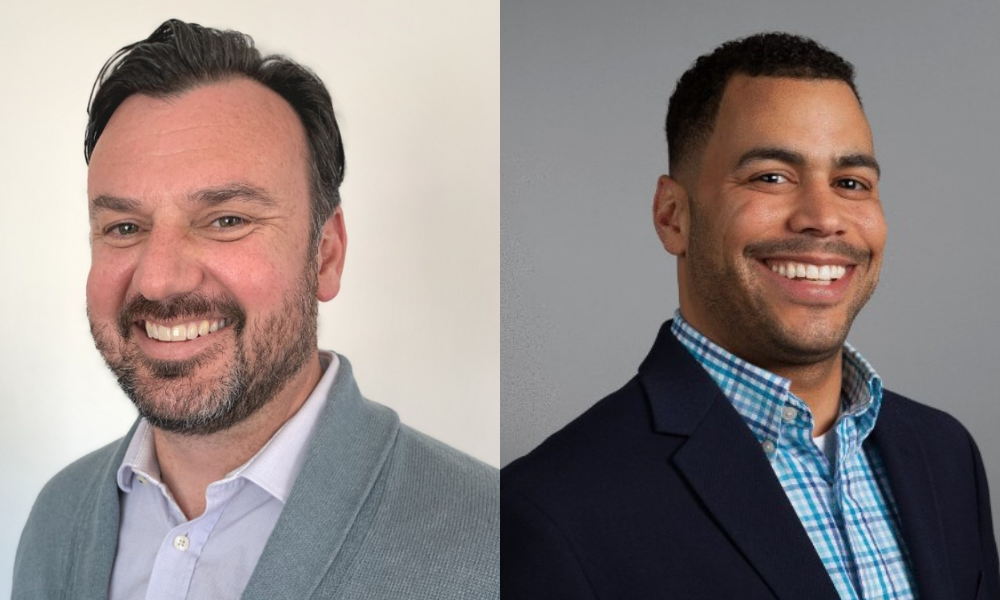
HR leaders reveal how often they keep tabs on their employees' Facebook, Twitter, LinkedIn, etc

In addition to one’s resume, references and cover letter, it’s become commonplace for HR leaders to evaluate job candidates based on their social media. After all, that’s the easiest way to get a snapshot of a person in 2022.
“As a general rule, we do check a candidate’s LinkedIn profile,” Danny Speros, vice president of people operations at Zenefits, a San Francisco-based HR tech firm, told HRD. “We’re seeing people use the platform to post personal anecdotes, such as outside-of-work announcements, as well as work-related content. LinkedIn is better for this balance of contributed content and is much more in line with how we live our lives today.”
What HR leaders look for on a candidate’s social media accounts may vary. Perhaps they want to see if there are mutual connections, if they’re alumni of the same school, if they’ve played sports, you name it. But they’re also performing due diligence, ensuring that the potential employee hasn’t posted anything that would be considered offensive, discriminatory or harassment. That includes, but is not limited to, language, images and messages that are racist, sexist, homophobic or anything that may cast someone in a negative light.
Read more: Don’t lose your job over a social media post
To avoid scrutiny from potential employers, candidates may update their privacy settings to prevent anyone not already connected with them from seeing their posts. Of course, the reality is that nothing is truly private anymore. “At the end of the day, all it takes is for someone to screenshot your post and share it beyond your privacy settings,” Speros says.
An alternative option, Speros adds, is to create two accounts: one for public consumption and one for just your friends, family and whoever you deem worthy to see your posts. “I see many professionals, particularly on Twitter, declare that their tweets are not representative of the organization that they work for and that their tweets/posts are their own,” Speros says.
Read more: Zenefits Review
However, that doesn’t grant an employee immunity from their employer’s wrath if they post something that besmirches the company. There have been countless people who have posted something regrettable that cost them their jobs. Comedian Roseanne Barr is probably the most well-known example, as her 2018 tweets about Valerie Jarrett, a senior advisor to former President Obama, were considered racist. Within 24 hours, ABC canceled her recently revived TV show “Roseanne.” (The series was quickly resurrected as “The Conners,” a spin-off without Barr involved.)
As recently as February, the Boston Red Sox released minor-leaguer Brett Netzer after a series of racist, homophobic and antisemitic tweets. In contrast to Barr, Netzer actually admitted to being racist, which sealed his fate.
i am a racist. i do sometimes make assumptions based on a persons race/ethnicity/culture. glad that is out of the way https://t.co/lbJUoLzQsE
— Brett Netzer (@BrettNetzer) February 26, 2022
It’s not only public figures who’ve faced consequences for their social media activity. Earlier this year, veteran executive at Estee Lauder was fired from his $10-million-a-year position for reposting a meme, which included a racial slur on a mock children’s book cover featuring Sesame Street characters, on his Instagram.
“A lot of companies have social media policies to try to stay ahead of these situations,” Josh Jones, talent acquisition manager for Waltham, MA-based Employ Inc., parent company of HR tech firms Jobvite, JazzHR and NXTThing RPO, told HRD. “It boils down to you essentially being a reflection of your employer. It’s a PR nightmare when the company’s name gets brought up in these situations.”
Unfortunately for companies, they’re usually reacting to whatever incident has gone viral. Obviously, they can’t force their employees to not post something inappropriate, but should management, specifically HR, be on the lookout for social media content that may get the company in the headlines for the wrong reasons?
“In some cases, I’ve looked at people’s social media, especially their LinkedIn pages,” Jones says. “But it’s nothing that I’ve instructed my team to do and certainly not part of our everyday practice. I don’t know that we have time to check someone’s online history, especially when what’s on the internet is there forever.”
If HR did indeed monitor employees’ social media on a daily or even weekly basis, would that infringe upon an employee’s privacy? After all, in this age of remote work, the line between professional and personal is already blurred.
“When it comes to social media, I generally don’t keep up with co-workers’ posts or activity outside of LinkedIn,” Speros says. “There is that added complication of giving your employer access to your private life and keeping the balance of living your authentic life.”